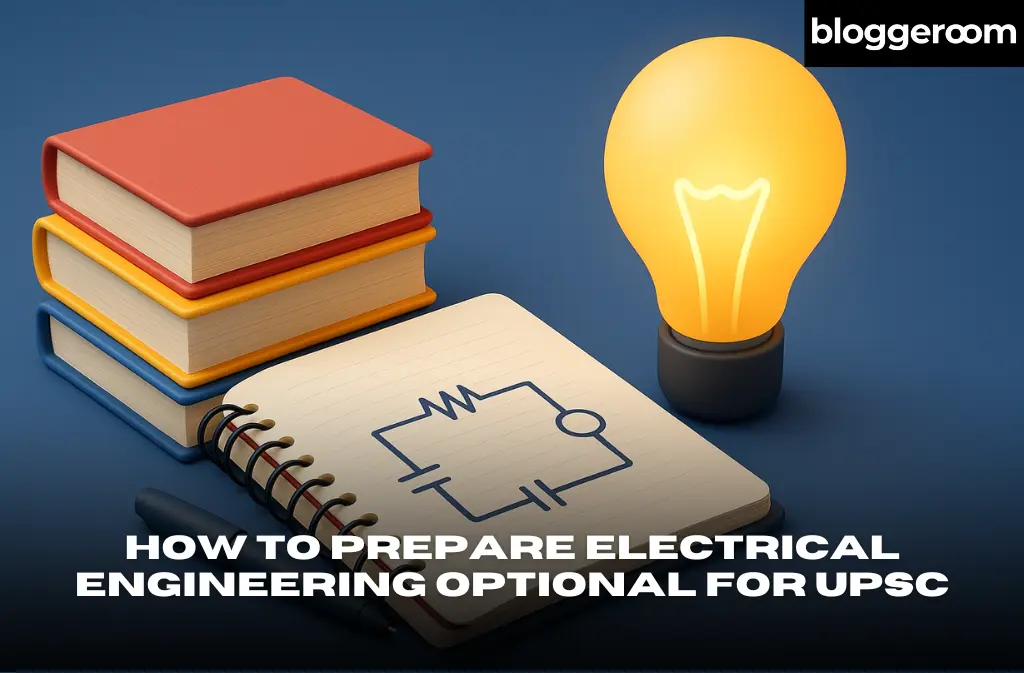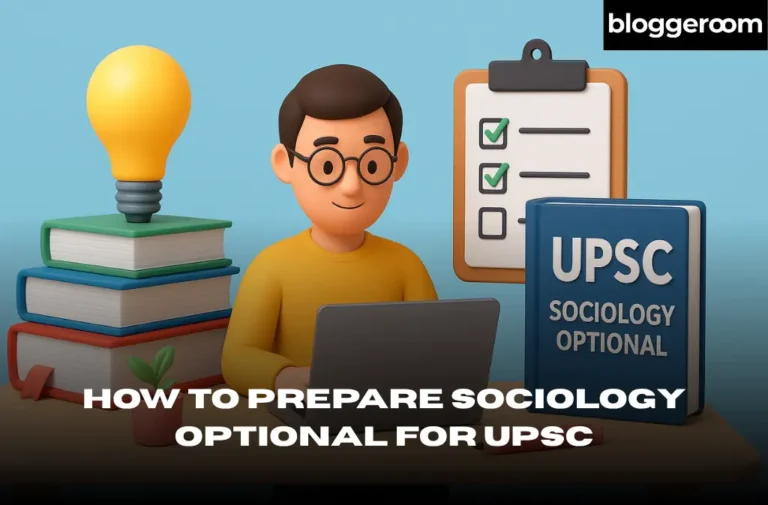How to Prepare Electrical Engineering Optional for UPSC
Choosing Electrical Engineering as an optional subject for the UPSC Civil Services Examination can be a game-changer for candidates with an engineering background. It combines conceptual understanding with problem-solving, making it a scoring subject for those who plan well and stay consistent.
1. Know the Syllabus of Electrical Engineering
Before jumping into preparation, spend some time studying the official UPSC syllabus and previous-year question papers. The subject is divided into two papers – Paper I and Paper II, together covering topics such as:
- Circuit Theory and Signal Systems
- Electromagnetic Theory
- Analog and Digital Electronics
- Control Systems
- Power Systems and Power Electronics
- Microprocessors, Measurements, and Instrumentation
A careful review of the past 8-10 years’ papers reveals that questions often repeat with slight variations. So, a topic-wise mapping of the syllabus with past questions is an excellent place to start.
2. Smart Booklist and Study Resources
Selecting the right books saves time and helps you stay focused. Some reliable choices include:
- Electrical Technology by B.L. Theraja
- Control Systems Engineering by Nagrath & Gopal
- Power System Engineering by I.J. Nagrath & D.P. Kothari
- Signals and Systems by Oppenheim
- Microprocessor Architecture by Ramesh S. Gaonkar
While standard books are great for conceptual clarity, always prepare short notes in your own words. Use flowcharts, circuit diagrams, and formula sheets – they make revision faster and more effective.
3. Preparation Approach and Time Management
Start with basic concepts and gradually move to problem-solving. Break your study schedule into three parts:
- Concept Building (Weeks 1-3): Understand core theories and revise university-level basics.
- Practice & Application (Weeks 4-8): Solve numerical problems and previous UPSC papers.
- Revision & Testing (Last 4-6 Weeks): Take mock tests and evaluate your answers critically.
Remember, Electrical Engineering demands precision. One small calculation mistake can cost marks, so accuracy matters as much as speed.
4. Answer Writing and Presentation
In the UPSC Mains, how you present your knowledge is as important as what you know. Each answer should have:
- A brief introduction explaining the concept.
- A structured explanation with formulas, derivations, or diagrams.
- A concluding line connecting the concept to a real-world application.
Neat diagrams and labeled schematics not only make your answer visually appealing but also demonstrate conceptual command – something examiners appreciate.
5. Effective Revision and Final Practice
In the final phase, focus entirely on revision and practice. Create a compact folder containing all your micro-notes and formulas. Solve one full-length optional paper every week and analyze your performance. Focus on time management and error correction.
If possible, join a good test series for Electrical Engineering optional – it helps simulate exam pressure and highlights your weak spots before the real exam.
Conclusion
Electrical Engineering can become one of the most rewarding optional subjects for the UPSC Mains if you approach it systematically. It rewards logic, clarity, and consistent practice rather than rote memorization. With the right syllabus mapping, concise notes, and regular mock practice, even technical topics can turn into easy-to-score areas.
A disciplined six-month plan – backed by conceptual understanding and a smart revision cycle – can easily push your Electrical Engineering optional score into the top percentile.







